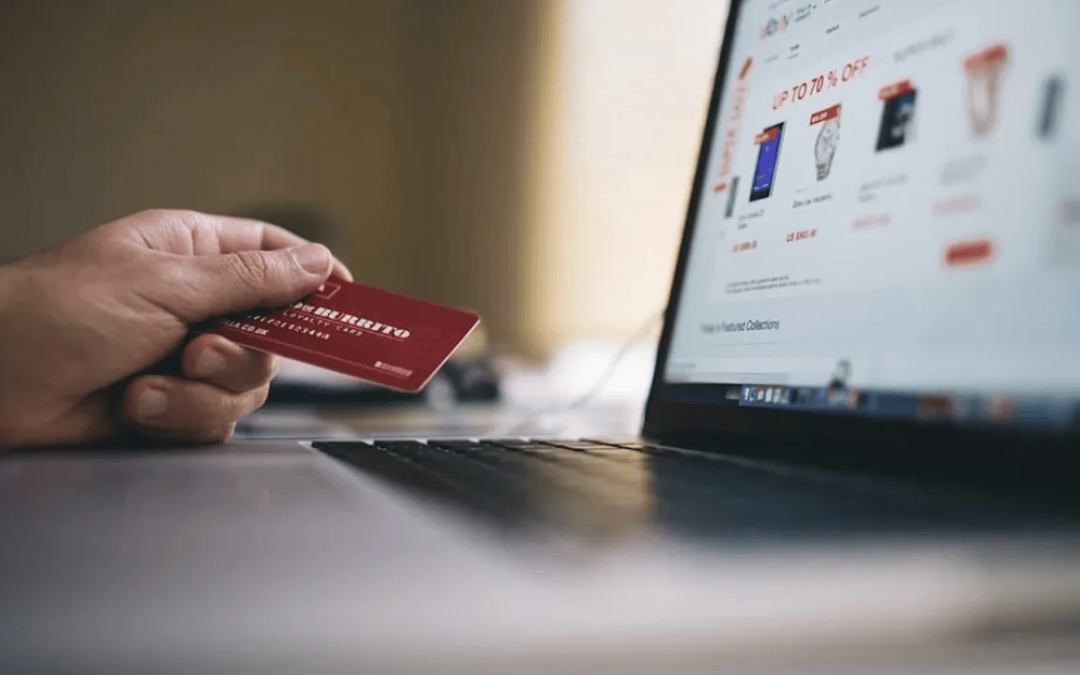Black Friday: What does "buy now, pay later" mean? – Miami Daily
Consumers are gearing up for their holiday shopping this year and some will turn to "buy now, pay later" loans to finance gift purchases.
Especially young and low-income consumers who may not have easy access to traditional credit.
Financial experts warn buyers to be aware of the financial risks hidden in these loans.
Black Friday: What you should know about "buy now, pay later" plans. https://t.co/UkpuFbk8s2
— CBS News (@CBSNews) November 24, 2022
Buy now and pay in several installments
If you've shopped online, you've likely seen the option at checkout to split the cost into smaller installments over time.
Companies like Afterpay, Affirm, Klarna and Paypal offer the service, and Apple will enter the market later this year.
Increased economic instability also implies delinquency.
A September report released by the Consumer Financial Protection Bureau (CFPB) reveals the consumer risks involved in Buy Now Pay Later (BNPL) plans.
It is a market that is mostly unregulated and does not have many protections that other forms of lending provide.
Risk of overspending on Buy Now, Pay Later plans
"One of the biggest risks of buying now, paying later at the holidays is spending too much," Annie Millerbernd, personal loan expert at NerdWallet, said in an email.
"A recent NerdWallet study found that consumers who used BNPL in the past year did so an average of six times."
It can be difficult to keep up with multiple BNPL loans, experts said.
Millerbernd recommends using BNPL for a single gift or at a retailer, then paying off that loan before taking out another.
Buyers using BNPL loans typically spend 10-40% more when paying with these loans than with a credit card. Because loans break a purchase into smaller installments, it can tempt buyers to buy more expensive items.
How does this payment system work?
Branded "interest-free loans," buy now, pay later services require you to download an app, link a bank account or a debit or credit card, and sign up to pay in weekly or monthly installments.
Some companies, like Klarna and Afterpay, do soft credit checks that are not reported to credit bureaus before approving borrowers.
Most are approved in minutes. Scheduled payments are automatically deducted from your account or charged to your card.
The services generally don't charge you more than you would have paid up front, which means there's technically no interest, as long as you make payments on time.
If you pay late, you may be subject to a flat fee or a fee calculated as a percentage of the total you owe.
These can cost up to $34 plus interest. If you miss multiple payments, you may not be able to use the service in the future and late payments could affect your credit score.
Are purchases protected?
In the US, buy now pay later services are not currently covered by the Truth in Lending Act which regulates credit cards and other types of loans (those paid in more than four installments).
That means it might be harder for you to resolve disputes with merchants, return items, or get your money back in fraud cases.
Companies can offer protections, but are not required to.
Other risks
Since there's no centralized buy-now-pay-later report, those debts won't show up on your credit profile with the major credit rating agencies.
That means more businesses may let you buy more items, even if you can't afford them, because lenders don't know how many loans you've set up with other businesses.
Payments you make on time are not reported to credit rating agencies, but late payments are.
CBS Miami Report
Miami Daily
Author: Patricia Chung 7:35 pm




